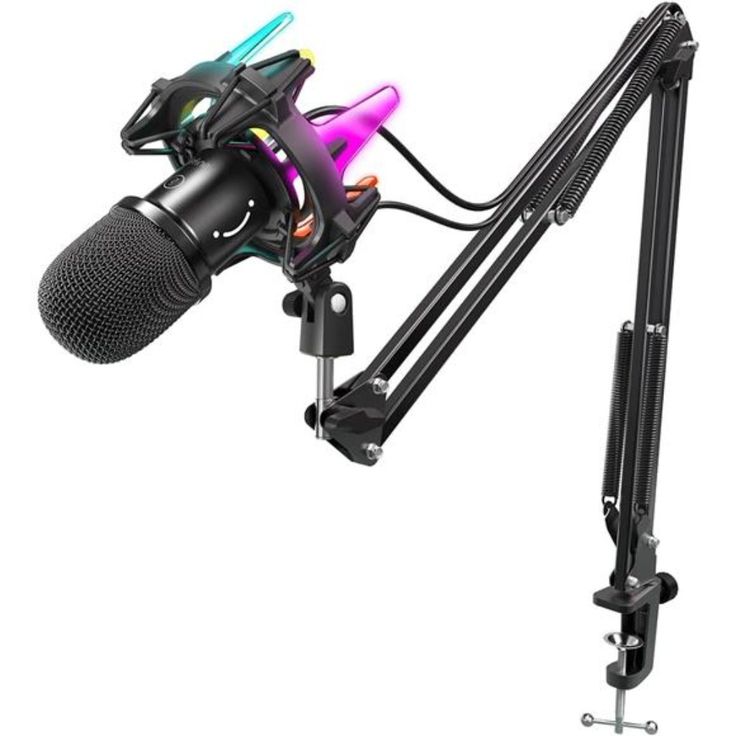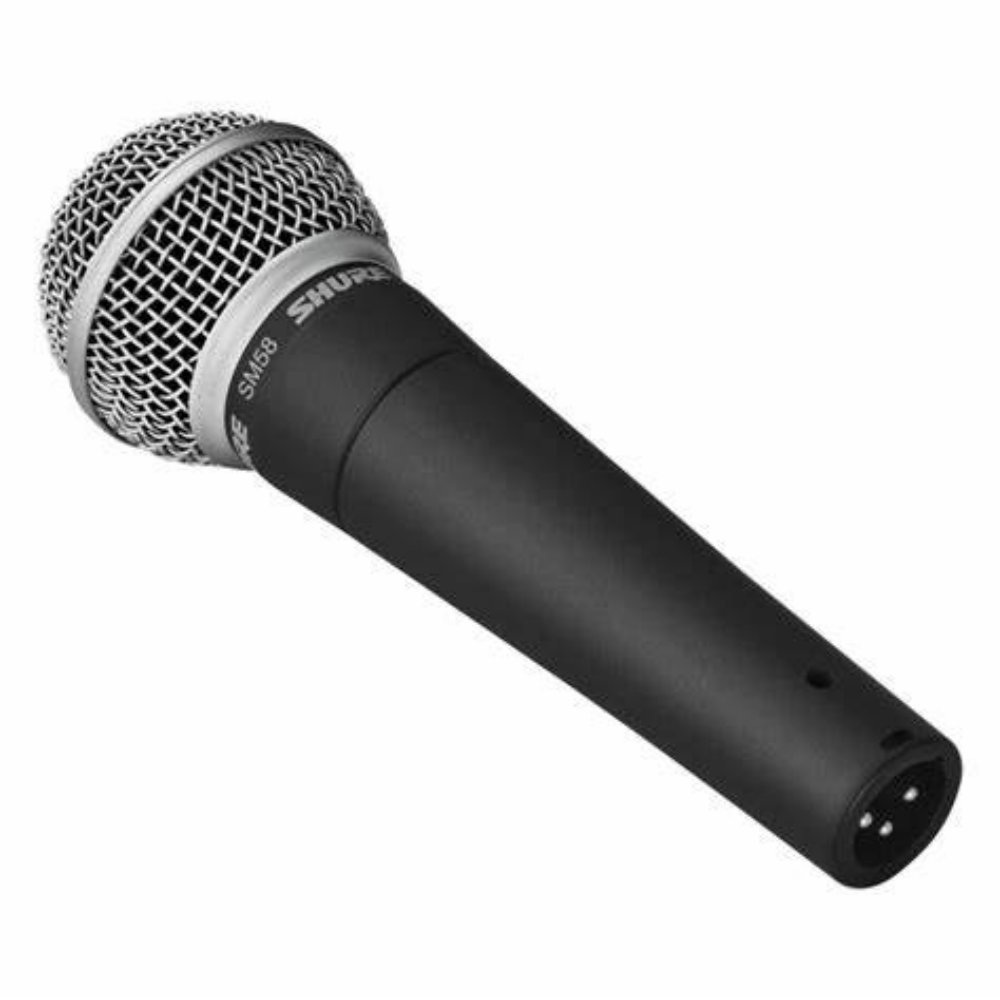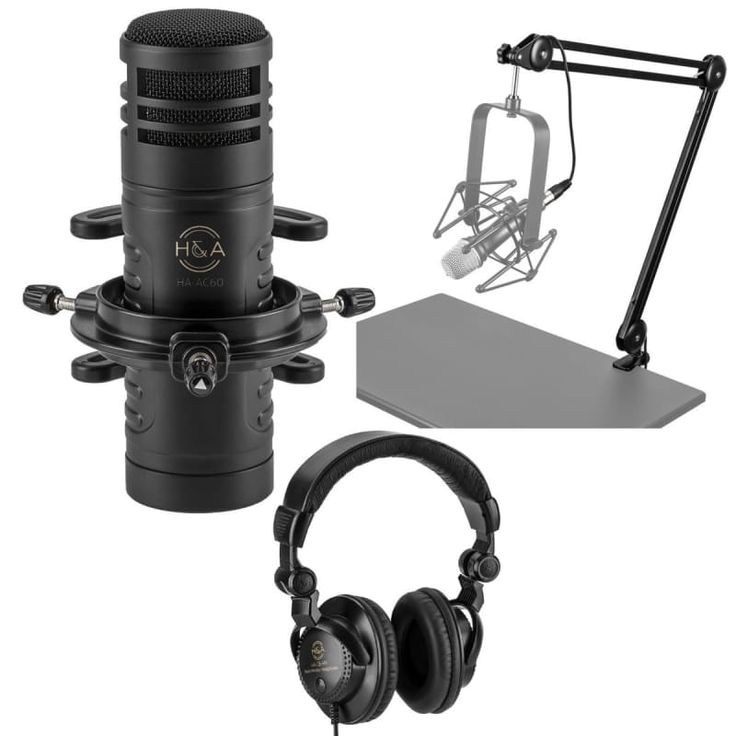Introduction to Vocal Recording Microphones
Capturing the essence of a vocal performance relies heavily on the choice of microphone. The microphone is the first in the signal chain and sets the tone for the final sound. To ensure the best representation of the vocalist’s talents, having the best mic for recording vocals is essential. is essential.
Criteria for Selecting the Best Vocal Mic
When choosing the best mic for recording vocals, consider these factors:
- Sound Quality: A mic must deliver clear and accurate sound.
- Durability: It should withstand regular use.
- Ease of Use: Look for user-friendly features.
- Versatility: The mic should suit various vocal styles and settings.
- Price: Find a balance between cost and quality.
A careful assessment against these criteria will help you find the best vocal mic for your recording needs.

Top Microphones for Home Studios
Finding the best mic for recording vocals can transform your home recordings. Here are two superb options that won’t break the bank but will elevate your vocals.
Rode NT1: Premium Sound on a Budget
The Rode NT1 brings studio-quality sound to your home setup at an affordable price. This condenser mic delivers a bright, full tone perfect for capturing clear vocals. Its low noise ensures a clean recording, making it a favorite for budget-conscious musicians aiming for professional results.
Audio Technica AT2020: Ideal for Versatile Use
Audio Technica’s AT2020 stands out as a versatile and reliable condenser mic. It excels with a variety of vocal styles and instruments. Its clarity and balance make it ideal for both beginners and seasoned recorders on a budget. The AT2020’s quality easily rivals that of more expensive mics, offering great value for home studios.
Dynamic vs. Condenser Microphones
Choosing the right type of microphone for recording vocals can drastically affect the quality of the output. Understanding the differences between dynamic and condenser microphones is crucial for making an informed decision.
Understanding the Differences
Dynamic microphones are known for their robustness and ability to handle high sound pressure levels. They are commonly used for live performances due to their durability and less sensitivity to sound variations. On the other hand, condenser microphones are known for their sensitivity and ability to capture a wider range of frequencies and subtle sounds, making them ideal for studio recordings where clarity and detail are essential.
Which is Better for Your Studio?
The choice between dynamic and condenser microphones depends significantly on your studio environment and what you are recording. If your studio lacks sound treatment and is prone to background noise, a dynamic microphone might be the better choice as it is less sensitive to ambient sounds. However, if you are aiming for high-fidelity vocal tracks and have a well-treated studio, a condenser microphone will provide the precision and clarity needed to capture the best vocal performance. In essence, condenser mics are generally preferred for studio recordings due to their detailed sound capture capability, whereas dynamic mics are favored for their toughness and efficacy in live settings.

Factors Influencing Microphone Performance
When picking the best mic for recording vocals, you should consider how it performs. Some mics do better in different settings and with various vocal tones. Let’s look at what affects a mic’s performance.
Frequency Response and Polar Patterns
The frequency response of a mic shapes how it captures sound. A wider range means it can pick up high and low tones well. This is key for clear vocals.
Microphones have different polar patterns too. How they pick up sound varies by pattern. Cardioid mics, for example, catch sounds in front while blocking noise from the back. This makes them great for vocals in noisy places.
Handling Noise and Proximity Effects
Some mics handle noise and bumps better. This means they won’t pick up every little tap or shake during recording. Others might catch these sounds, which can ruin a good take.
Proximity effect is how bass sounds when you’re close to the mic. With some mics, getting too close can make vocals sound too bassy or muffled. If you like to get up close when singing, look for a mic that can handle the proximity effect well.
By keeping in mind these factors, you can choose a mic that makes your vocals sound their best in the studio.
Popular Microphone Models for Professional Studios
In a pro studio, the right mic can make all the difference. Here are two models that stand out.
Shure SM7B: A Studio Favorite
The Shure SM7B stands out for its versatility and durability. It’s often the top pick for pros. Its rich, clear sound captures the true tones of a voice. It’s well-known for its foam windscreen that cuts down on breath noises. This mic handles loud sounds well too. Many hit songs feature vocals recorded on the SM7B. It’s not just for singing – podcasters and streamers love it too.
Neumann TLM 103
The Neumann TLM 103 is a staple in many pro studios. It’s prized for its top-notch clarity and precision. Its cardioid polar pattern keeps recordings free of room noise. This makes it ideal for clean, direct vocal takes. It shines in capturing nuanced performances. While it’s on the high-end price-wise, the quality justifies the cost. This mic is a solid investment for those serious about sound.

Tips for Choosing the Right Mic for Your Vocals
Choosing the perfect microphone involves understanding how different mics respond to various vocal styles and the specific conditions of your recording environment.
Consider Your Vocal Style and Studio Environment
When picking a microphone, consider your unique vocal qualities. Are your vocals smooth and deep or sharp and high-pitched? Different microphones enhance different types of voices. For example, a brighter mic can add clarity to bass-heavy vocals, whereas a mic with a warm tone can soften sharper voices.
Also, look at your recording space. Is it treated for sound or a bit noisy? Some mics, like dynamic ones, are better at blocking out background sounds. This makes them ideal for less controlled environments. In contrast, condenser mics pick up more detail and are suited for quiet, well-treated spaces.
Testing Different Mics to Find the Best Match
The only sure way to know if a mic works for your voice is to test it. Visit a music store to try different mics or borrow from friends. Notice how each mic captures your voice. Is the sound crisp? Does it make any particular aspect of your voice stand out? Testing helps you pick a mic that best complements your vocal characteristics.
Try to create sample recordings in your usual setting. Compare them to see which mic delivers the sound quality you prefer. Remember, a good match between the mic and your voice can elevate your recordings significantly.
Conclusion
Capturing outstanding vocals depends heavily on the microphone you choose. This guide aimed to help identify that ideal mic for your specific needs, aligning with your vocal style and studio conditions.
Summary of Key Points
- Condenser microphones excel in studio environments, offering detailed sound capture.
- Dynamic microphones are suitable for louder settings and robust performances.
- Examining your vocal style and the sound isolation of your recording space is crucial.
- Testing different microphones ensures you find the perfect match for your voice.
Final Recommendations for Purchasing
When selecting your studio microphone:
- Set a budget that balances quality with affordability.
- Consider microphone types, polar patterns, and frequency responses relevant to your recording environment.
- Try various microphones to test how they capture your unique vocal qualities.
Adhering to these guidelines will help you find the best mic, enhancing your recording experience and ensuring your vocals are crystal clear.